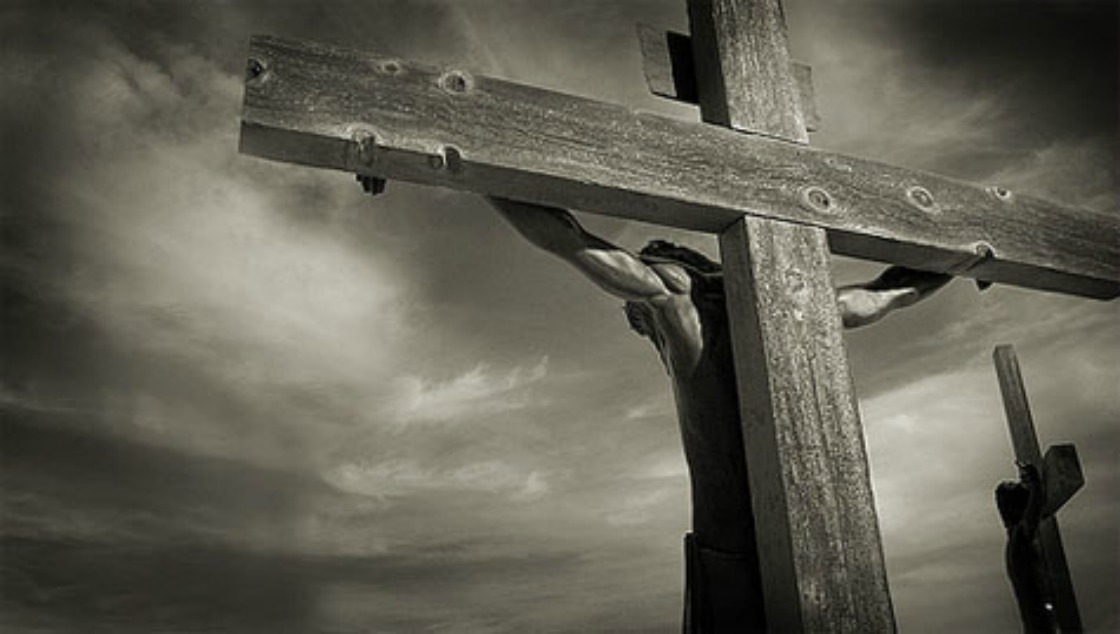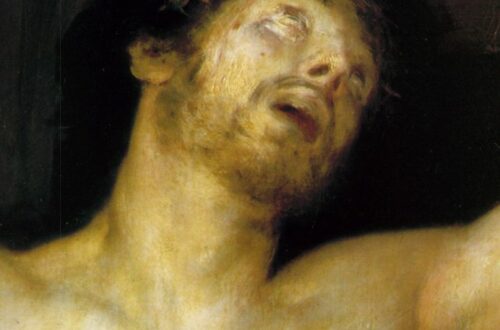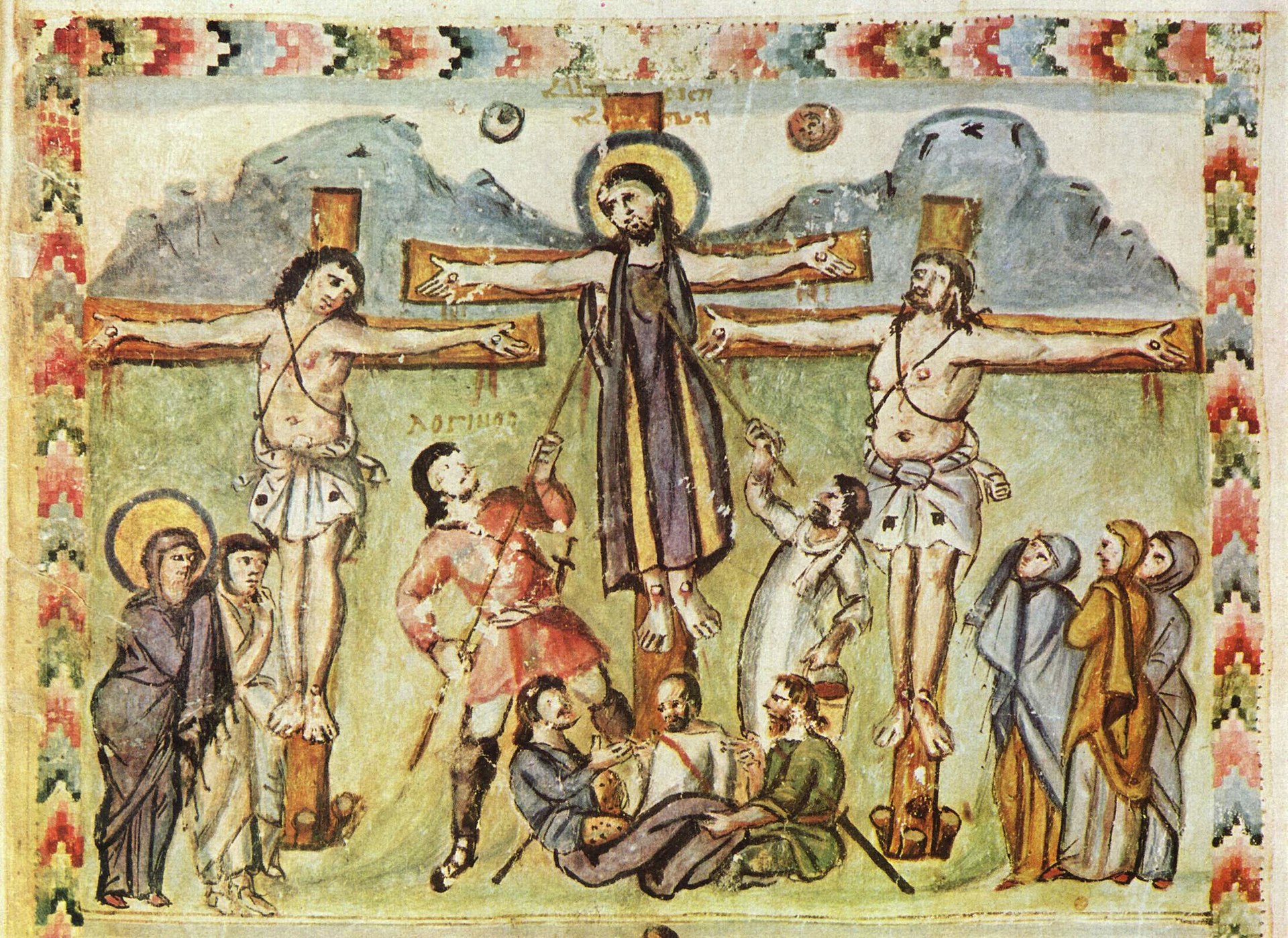Abbot Tryphon argues that the penal substitutionary theory of the atonement is heresy. Tryphon calls the view “pagan” view in which “we are forced to view our God as some sort of angry deity needing to be appeased by a blood sacrifice.” Tryphon’s main argument is that if we accept the penal substitutionary view, then we are forced to accept two consequences, both of which are false:
“The major problem with this teaching can be seen in the fact that had Christ died for our sins against God the Father, thus causing a division of God, with the doctrine of the Holy Trinity laid waste, with God pitted against God. This heretical doctrine divides God by implying that Christ isn’t fully God. It also suggests that there is a higher force than God, thus making God Himself ruled by a “higher force”. In other words, God has no choice but to punish. By this notion, justice forces God to respond to our sin with His wrath, with love becoming secondary.”
First, Tryphon argues that the penal view would entail a denial of the Trinity. If God the Father is ‘pitted against’ God the Son, then there is a division in the Trinity. If unity is a necessary condition for the Trinity, then the doctrine is false. The trouble is that penal substitution does not entail any such division. All that PS requires is that Christ is punished in our place. But punishment does not entail division in the Trinity. Citing the cry of dereliction in Matthew 27:46, some people argue that the Father breaks fellowship with the Son when Christ dies on the cross. I have argued elsewhere that Jesus cites Psalm 22, a psalm which tells us that fellowship is not broken despite appearances to the contrary. Thus, abandonment by the Father is not what happens on the cross.
Perhaps, Abbot Tryphon has something else in mind that would render the doctrine of the Trinity false (if PS is true). He says that PS would entail that Christ is less than fully divine. It is not clear why PS entails that Christ is less divine unless one assumes that the Son is ‘pitted against’ the Father in which case one might argue that the Son loses the fight and is thus not equal with the Father. But, as I have argued, PS does not entail that the Son be pitted against the Father. After all, the Son willingly goes to the cross and only dies when he yields up his spirit (Matt 27:50).
Tryphon’s second objection is that if the penal substitution theory is correct, then God is beholden to a standard of justice outside himself. This would render God less than divine giving him no choice but to punish sinners or his Son. But why think that God’s justice is beholden to an external criteria? Instead, what the PS view assumes is that God is morally justified in punishing sinners and in punishing the Son in our place not because of any external criteria for moral justification, but because of his nature. Thus, God acts not in obeisance to some external immutable law, but in accordance with his just, wise, and holy nature.
Finally, the latter observation about God’s justification of punishment does not contradict God’s love. Indeed, the atoning sacrifice of Christ is both punishment for and sacrifice on behalf of sinners. In other words, in the death of Christ–a punishment taken of behalf of sinners–we are treated to the ultimate demonstration of the love of God.




One Comment
Theodore A. Jones
"When he comes he will convict the world of guilt in regard to sin" AFTER!! the sin of his murder by crucifixion. Jn. 16:8 NIV He put the axe to every soteriological paradigm of substitutionary atonement before he was murdered by crucifixion. For substitutionary to fly the outstanding issue of guilt relative to sin cannot be the remaining primary issue. But according to Him it is. The question to you is, "Guilt in regard to what sin?"